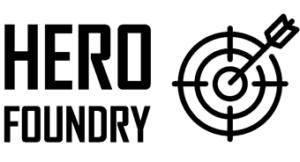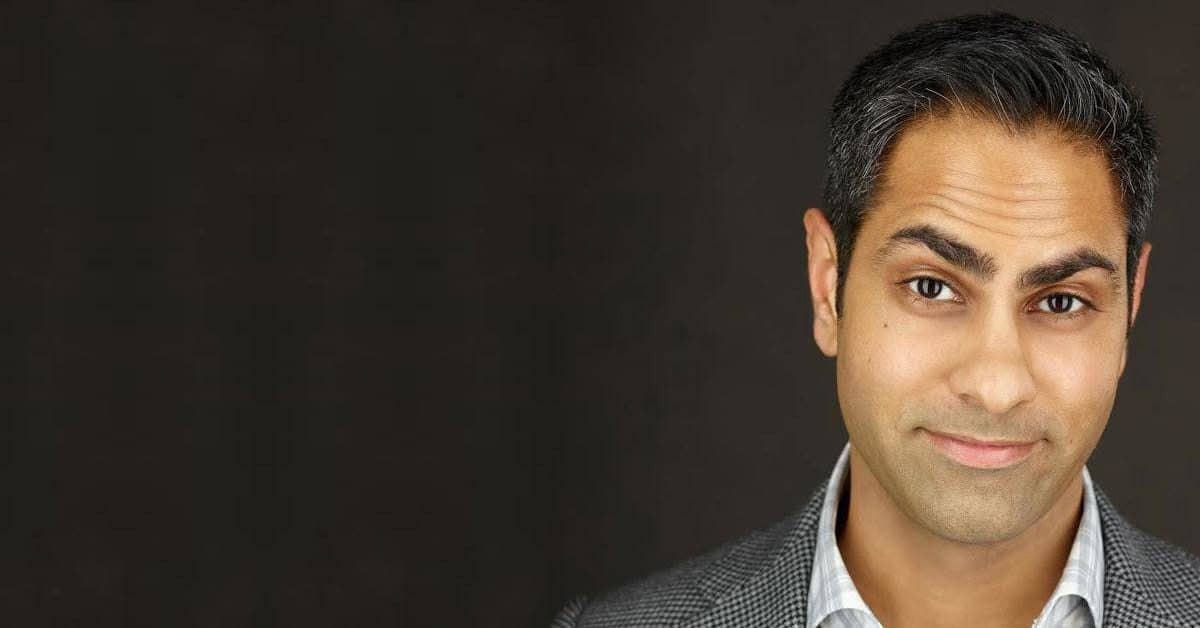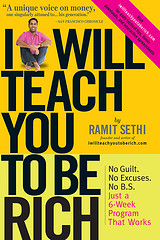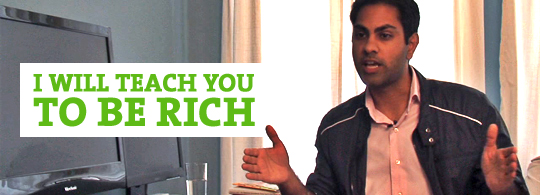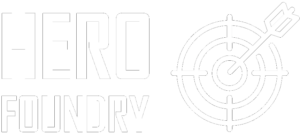Isn’t it strange, to live life through just one pair of eyeballs, and to know for a fact, that at the very same time, there are literally billions of other eyeballs having their very own, sometimes wildly unique lives, recording their own crazy experiences simultaneously.
And that’s just taking other people into account. Not to even mention the countless other lifeforms, just on this planet.
And who knows what else lurks out there in the deep reaches of outer space, in the great beyond, the Unknown World…
How important we think we are. Our experiences, our perspective.
And we tend to think other people share the same views on things, or at least that they should. But we forget how myopic others are, just as much as ourselves.
Humans tend to focus on the areas immediately around them — the objects in their immediate surroundings.
Jobs, and screens, don’t help.
There were times in millennia past when men did very little but watch the horizon for enemy tribes, or for predators. And there are still a few men throughout the world today who lead their lives in a similar fashion — seafarers, pilots, herders, hunters, outdoorsmen, certain kinds of nomads.
But most of us spend the vast majority of our hours and days indoors. In cities. Enclosed.
Our eyesight goes early because we spend years of our lives staring at screens or surfaces of one form or another. Our ancestors did not evolve to do the things we do today.
And keep in mind, the modern human brain essentially developed over 50,000 years ago.
For 99.8% of that time, humans were living very different lifestyles — occupying themselves with incredibly different things than we do today.
As I write this, I’m watching the construction men across the road building a magnificent piece of engineering.

These guys (and a few gals, props to ’em) are working now on the seventh floor, out there in the breeze, no ropes, not one safety net that I can see from where I’m sitting.
Some of them have been practicing their craft for so long, they’ll stand right on the edge looking straight down.
And they’re talented.
But I bet you could point a gun at most of them from the next nearest rooftop, and nobody would see it coming. Because of the nature of their work (and this is a somewhat extreme example, I’ll admit) but they are hyper-focused on their immediate surroundings.
It’s not a bad thing. They get excellent work done.
But for a lot of people, it could cost you your life sometimes if you take your eye off your day job.
And most don’t get out enough to fully appreciate the real healing powers of being in our natural environment.
I feel people sometimes lose sight of the fact that we are not well-adapted to live with our technology.
Technology’s great. But we are in fact hard-wired through millions of years of evolution to do very different things than we do in 2017.
And that fact underlies most the problems YOU experience in life — from health issues, injuries, relationship challenges, emotional and mental wellbeing, to your failure to find meaning in your work, poor sexual performance, or struggling with unhappiness.
Even money (as you know it) wasn’t even a thing until the last 1000 years.
So if you’re struggling with that game, don’t worry. So am I. It doesn’t come naturally to anyone.
I have several friends who’ve managed to find a way to make millions, and then lose it all.
I’ve got to imagine that bites. Hard.
But I still respect them. Plus it just shows — we’re all only human.
If you’re struggling with any of these things — your emotional world, your fitness and health, your wealth, your relationships, or otherwise getting what you want out of life — I bet you probably don’t typically think in your day-to-day life that maybe something about how your ancestors evolved had much to do with it.
But just maybe…
***
Once in a while, it’s nice to get out of the city. It’s nice to get out into nature, somewhere you can stretch out and breath. Somewhere you can spend time with the wanderers, the seagoers, the adventurers.
Somewhere far away from your day job. Somewhere you can look out across the open sea, or examine the world from mountaintop.
I even just love sitting here on my balcony every chance I get, watching the world go by. It gives you a different PERSPECTIVE on life, and the world.
But with the increasing harvest season smoke and smog here in Chiang Mai, I’m thinking of getting away from it all, getting a change of perspective and going to immerse myself in the great outdoors, in my preferred natural environment.
It’s been quite a while actually, since I visited my good friends there… sat on my favorite beach listening to the ocean speak, went rock climbing, or sea kayaking, or even just jammed at one of the great reggae bars filled with friendly warm faces.
Heck, last time I took a group of new friends there, we swam with sharks, braved jellyfish stings, we shared unforgettable moments together around a beach bonfire, under an open sky full of stars.

If anybody wants to join me soon in my favorite paradise, I’m thinking of making another escape to Krabi, Thailand.
But this is a HEROIC Escape! We always build incredible deep bonds with new friends, push ourselves to grow in challenging but fun ways, and tend to really experience some breakthroughs through a change in perspective, and through more physical, natural challenges than many folks might be used to (at least in their day-to-day life).
I always find it’s a great reset, and I always deepen some pretty valuable new relationships with fascinating people. I’ve even connected some new friends with VC money in the millions, or with publishers, for example, through these wild experiences.
And I’ve been blessed to witness some incredible transformative moments that people have had — simply challenging themselves in weird new ways and sharing a once-in-a-lifetime experience together with other like-minded people.
I spent 2 years living in Ao Nang, Krabi, and developed many amazing friendships and invaluable connections in this very magical place.
If there is a Shangri-La, this is it as far as I’m concerned:
In the 35 countries I’ve traveled so far, I haven’t found a beach I love more than this place.
Let me know — I’m considering taking my Queen and our son for their first time for much of March, and I’m toying with the idea of throwing a little beach festival for my 33rd birthday.
If you’d be interested to join, let me know here.
And keep your eye on the horizon, friends.
